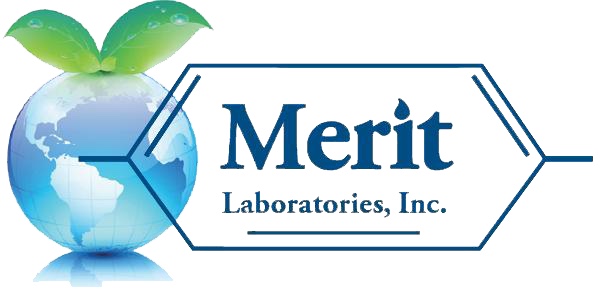In the latest release on PFAS sampling, the Michigan Department of Environment, Great Lakes, and Energy (EGLE) provides guidance for sampling biosolids and sludge.
The State of Michigan defines biosolids as the residuals created in a wastewater treatment plant and land applied following state rules (Part 24 Rules, Land Application of Biosolids), while sludge describes solids that have been disposed through methods other than land application.
Any WWTP in Michigan that land applies biosolids is required to have a sampling plan that is part of an approved RMP (Residuals Management Program). The EGLE sampling guidance provides detailed information on PFAS sample collection for both biosolids and sludge.
The guidance document includes information on sampling equipment, sampling methods, equipment decontamination, sample collection and handling, sample shipment, and potential sources for PFAS cross-contamination to avoid.
The PFAS sampling guidance for biosolids and sludge is the latest addition to EGLE’s sampling series. Previous PFAS sample collection guidance includes the following sample matrices:
Residential Well Water
Groundwater
Soil
Wastewater
Surface Water
Fish Tissue
Sediment
Surface Foam Water
Merit is a leading PFAS environmental laboratory, analyzing drinking water, soil, wastewater, groundwater, and other sample matrices, including biosolids and sludge. Merit is certified for the analysis of PFAS by ISO/IEC 17025. Analytical method certification for PFAS includes drinking water by EPA 537.1 and EPA 537 rev. 1.1 and soil, wastewater, groundwater, and surface water by ASTM D7979 with Isotopic Dilution.
Please contact Merit Laboratories for assistance on your PFAS testing needs.

